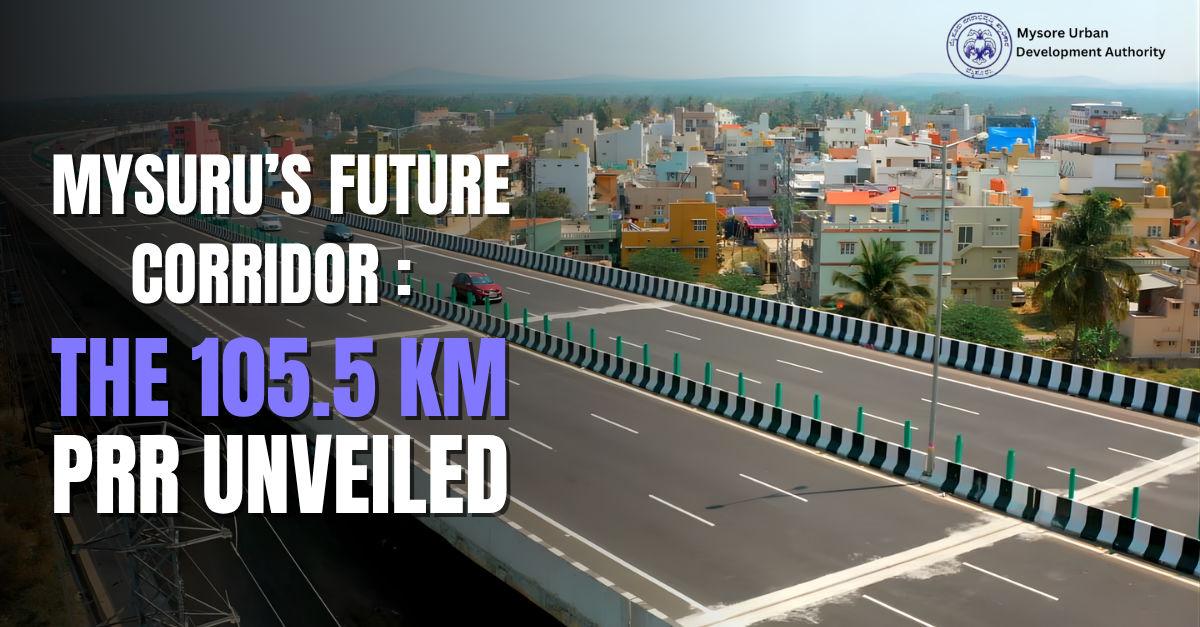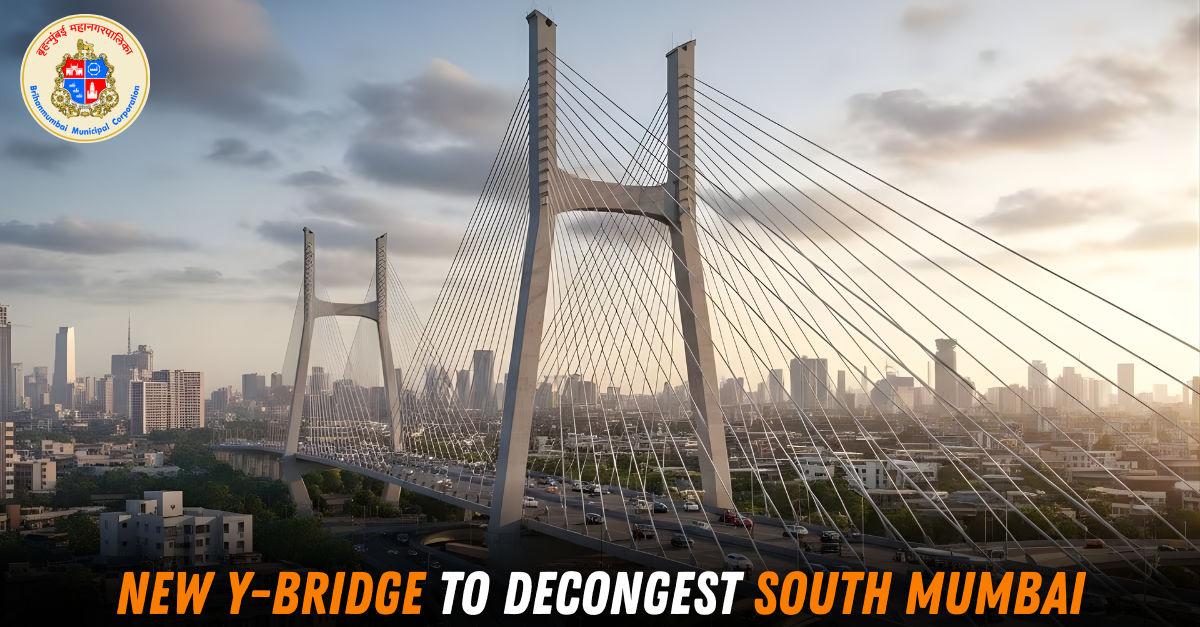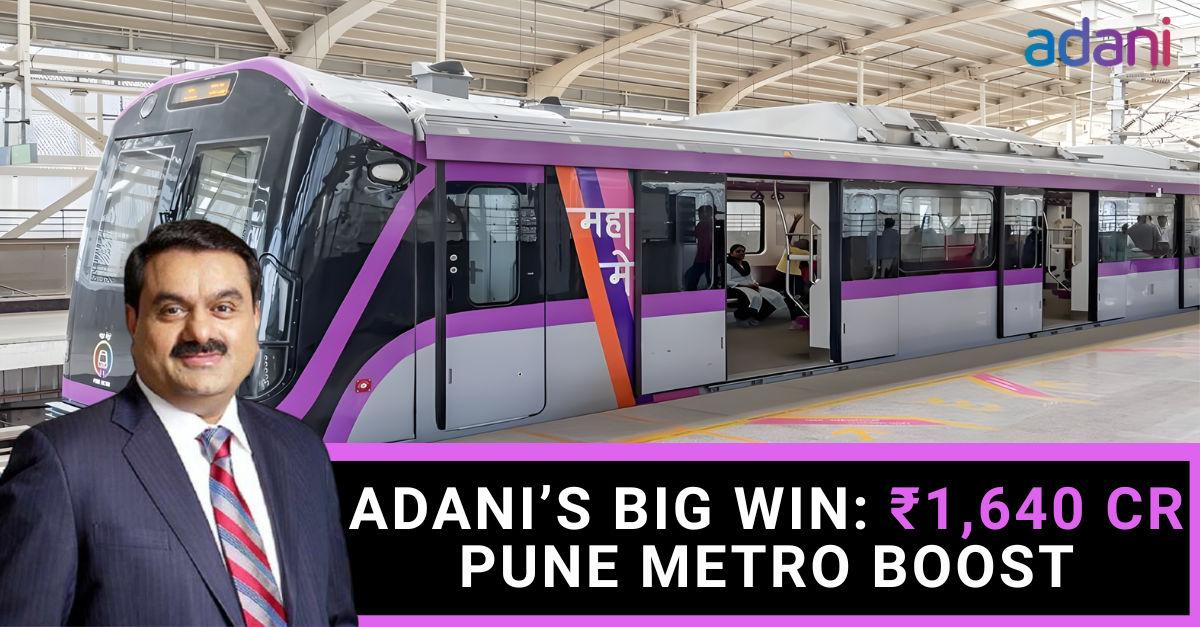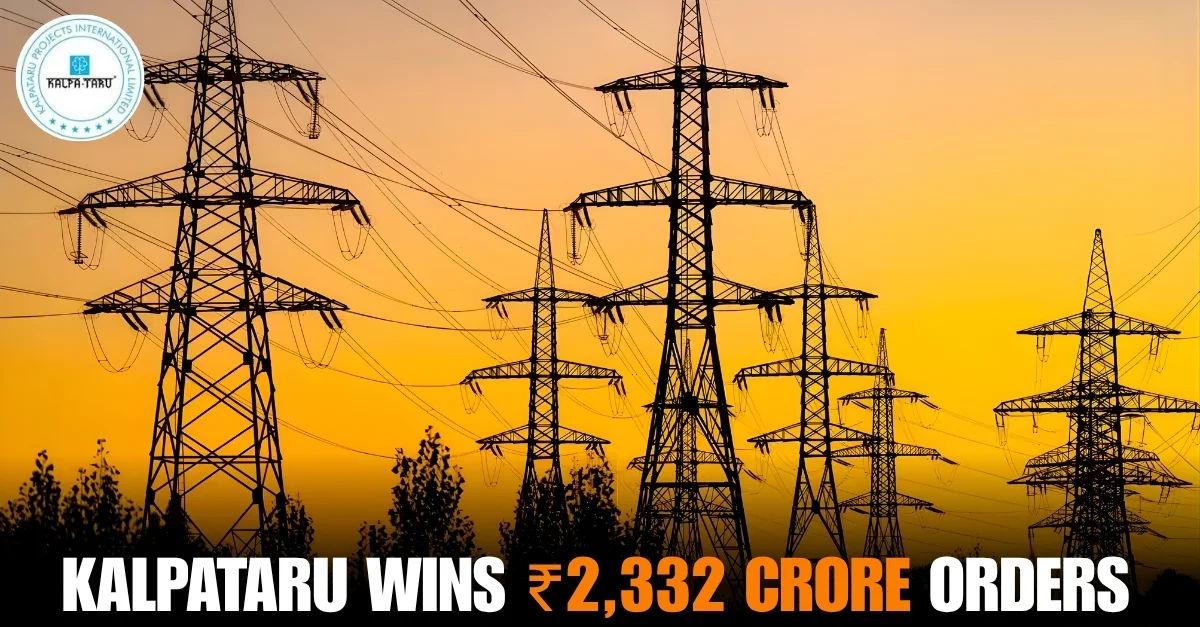India’s Smart Cities Mission has reached a significant milestone, with the government confirming that 7,636 projects worth ₹1.53 lakh crore have been completed across 100 cities as of July 31, 2025. The announcement came in the Lok Sabha through a written reply by the Minister of State for Housing and Urban Affairs, Tokhan Sahu. He also noted that a total of 8,063 projects had been sanctioned under the scheme, amounting to ₹1.64 lakh crore. This means that most of the mission’s proposed projects have either been delivered or are in the final stages of completion.
The Smart Cities Mission was conceived to drive urban transformation through targeted investments in key areas such as smart mobility, water, sanitation and hygiene systems, smart governance, clean energy, and environmental improvements. Each of the 100 participating cities developed its Smart City Proposals (SCPs), which were reviewed and approved by the High Powered Steering Committee. These plans aimed at enhancing quality of life, sustainability, and efficiency in urban centres that are facing mounting challenges due to rapid population growth and rising demand for better services.
Alongside the Smart Cities Mission, the government has highlighted the progress under the Swachh Bharat Mission-Urban (SBM-U), which was originally launched in 2014 with the goal of achieving Open Defecation Free status and promoting scientific processing of municipal solid waste. For the full mission period, the financial outlay for states and union territories under SBM-U is ₹62,009 crore, including ₹14,623 crore in committed central assistance. To extend its momentum, SBM-U 2.0 was launched on October 1, 2021 for a five-year period with an outlay of ₹1.41 lakh crore, including central assistance of ₹36,465 crore. This renewed phase focuses on deepening the achievements of the first mission while addressing new urban challenges.
Urban transport has been another focus area under the broader urban development strategy. According to Minister Tokhan Sahu, India now has about 1,055 kilometres of metro rail network operational in 24 cities, which also includes 55 kilometres of the Regional Rapid Transit System (RRTS). Since June 2024 alone, the central government has sanctioned metro projects costing more than ₹1 lakh crore, covering nearly 240 kilometres of new lines. Today, an estimated 1.1 crore passengers are travelling daily by metro in Indian cities, reflecting the importance of mass rapid transit in reducing congestion and improving mobility.
Further strengthening the push for sustainable transport, the PM-eBus Sewa Scheme was launched in August 2023. This scheme, backed by ₹20,000 crore of central assistance, is designed to deploy 10,000 electric buses under a Public Private Partnership (PPP) model in eligible cities. It focuses on urban centres with populations between 3–40 lakh, as well as smaller state and union territory capitals. By supporting electric bus adoption, the scheme aims to cut emissions, modernize city transport systems, and provide more affordable mobility options.
Together, these initiatives show a layered strategy for reshaping India’s urban spaces — from the construction of smart infrastructure to the deployment of green mobility systems. While challenges remain in terms of long-term maintenance, inclusivity, and scalability, the current progress highlights how coordinated investments are gradually transforming Indian cities into more efficient and sustainable hubs.
.png&w=384&q=75)






